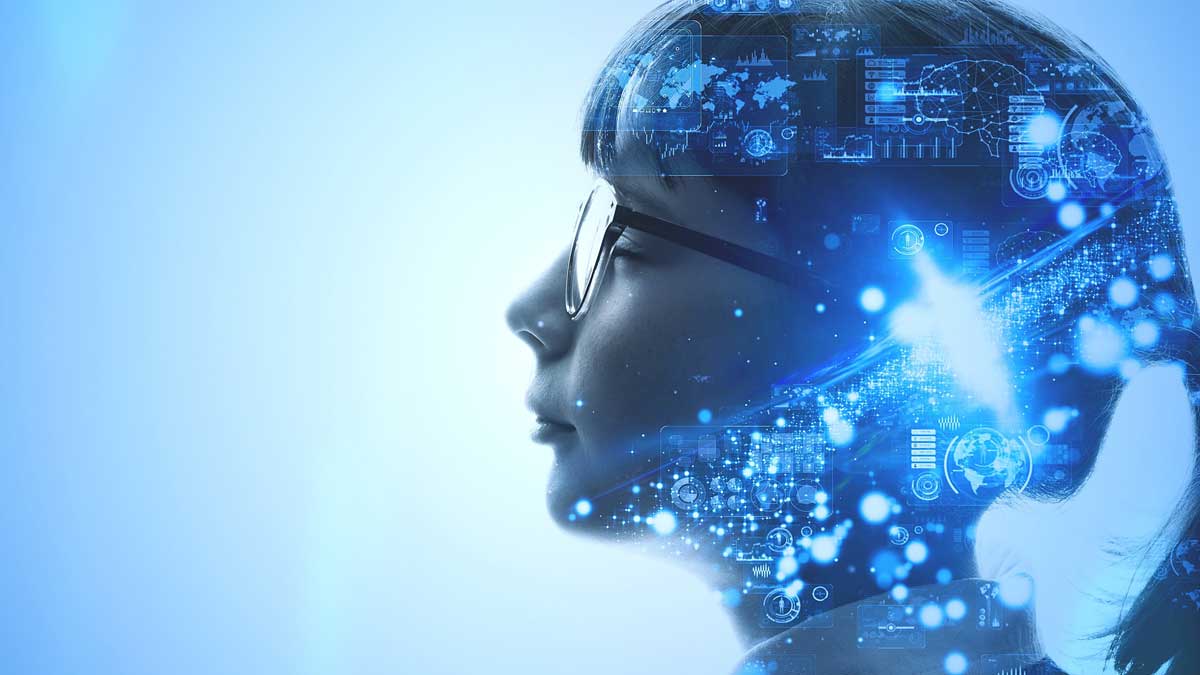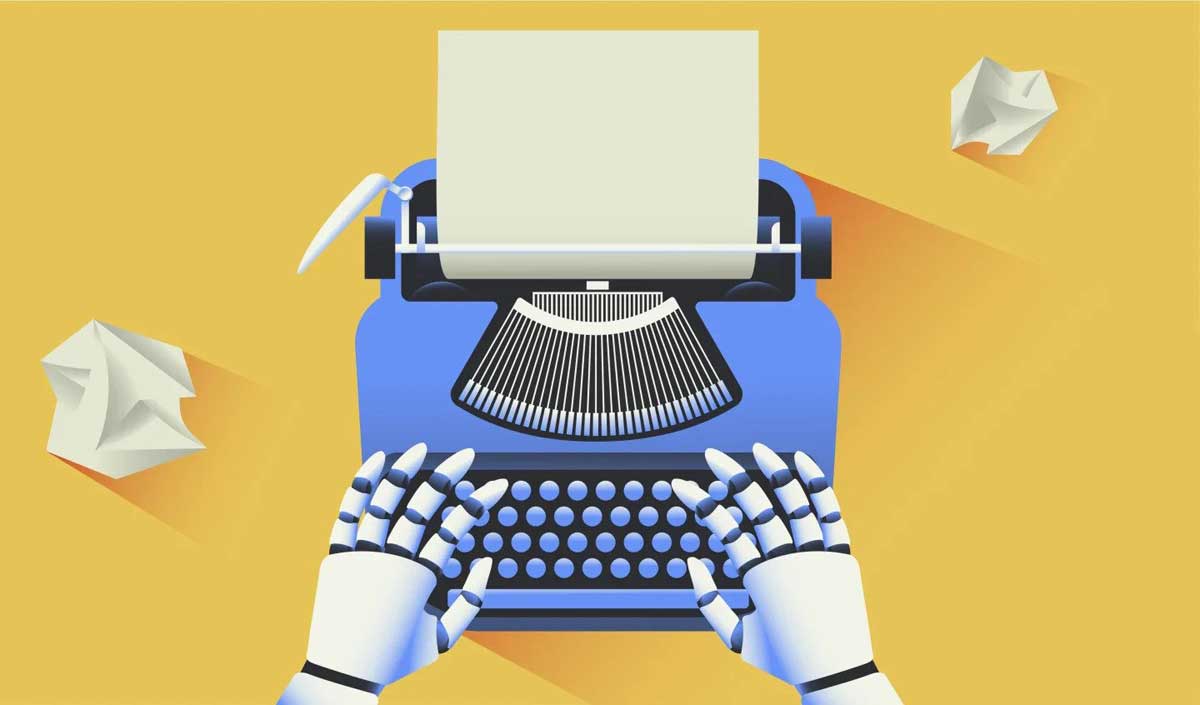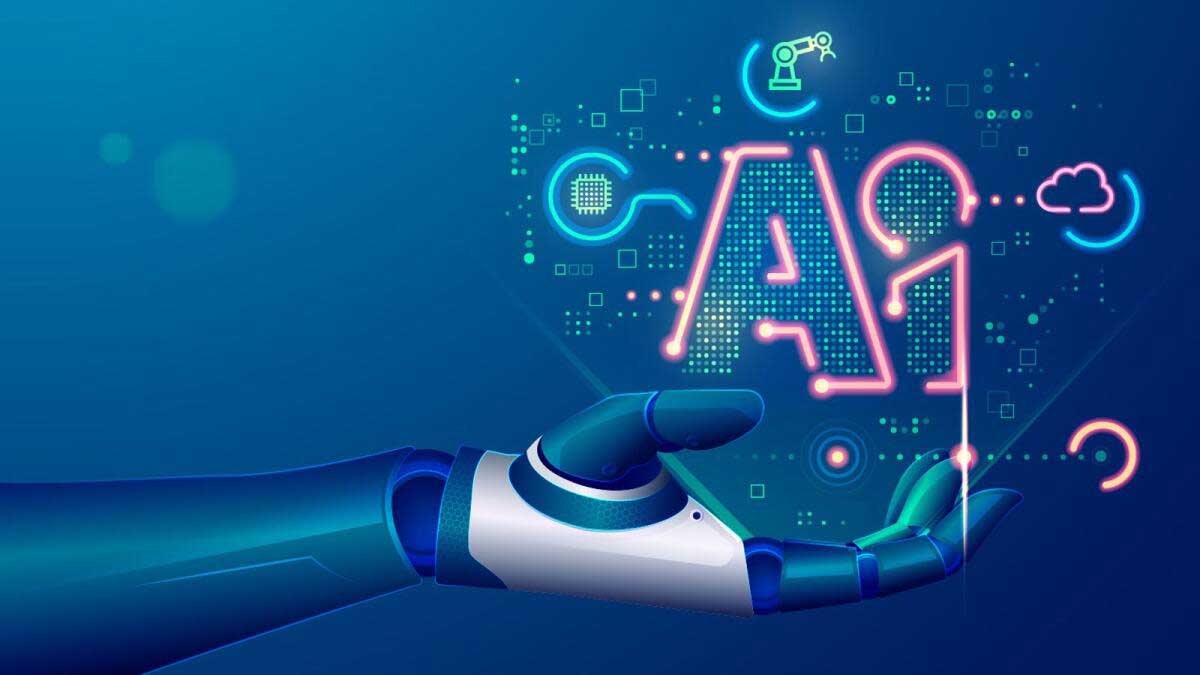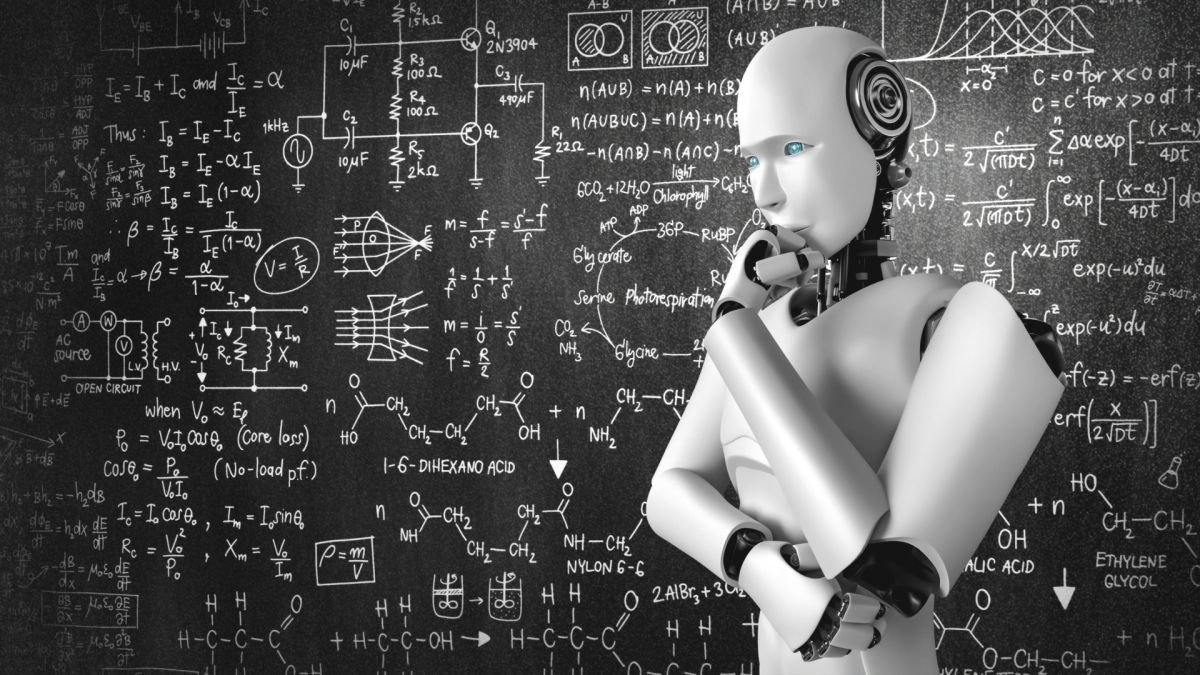Artificial Intelligence (AI) has become an influential technology, it has penetrated various aspects of our lives. One area where AI has the potential to make an impact is education. Because of its ability to process wide range of data, analyze patterns, and adapt to every student need, AI is revolutionizing traditional teaching methods and opening new avenues for personalized learning. Let’s explore how AI is transforming education and its potential implications for the future.
Enhanced Personalized Learning:
One of the significant advantages of AI in education is its ability to provide personalized learning experiences. By harnessing AI algorithms, educational systems can gather data on students’ strengths, weaknesses, enabling tailored instruction. Adaptive learning platforms powered by AI algorithms can adjust the difficulty level of content, provide immediate feedback, and offer personalized recommendations to help students grasp concepts more effectively.
Intelligent Tutoring Systems:
Intelligent tutoring systems, a branch of AI, are virtual tutors that can interact with students in a personalized manner. These systems employ natural language processing to communicate with students, to understand their queries better, and provide guidance. By utilizing machine learning techniques, these systems adapt to each student’s progress and deliver targeted interventions to address areas where they find it difficult. Intelligent tutoring systems can significantly enhance the learning process, providing students with individualized attention and support that they need.
Efficient Administrative Tasks:
AI can also streamline administrative tasks for educators, freeing up valuable time to focus on teaching. Machine learning algorithms can automate grading processes, saving hours of manual work for teachers. It also helps generate and analyze reports, tracking student performance, and identifying areas that require attention. By automating routine administrative tasks, AI empowers the teachers to dedicate more time to personalized instruction and more meaningful student engagement.
Smart Content Creation:
AI is enabling the creation of educational content at an unprecedented scale. Natural language processing algorithms can generate textbooks, educational videos, and interactive learning materials. AI-powered recommendation systems can suggest relevant and engaging content based on students’ learning preferences and performance, fostering continuous learning outside the classroom. This vast availability of educational resources helps cater to diverse learning styles and enhances the overall learning experience.
Ethical Challenges:
While AI presents tremendous potential in education, it is essential to address ethical challenges. Safeguarding student privacy, ensuring unbiased algorithms, and maintaining human involvement in decision-making processes are crucial aspects to be mindful of. It is essential to strike a balance between technology-driven advancements and the irreplaceable value of human interaction in education.
AI’s integration into education holds great promise for transforming traditional teaching models. It has revolutionized the field of education and enhanced the learning experience for both students and teachers. By harnessing the power of AI responsibly and ethically, we can unlock its potential to enhance educational outcomes and create a future where learning is tailored to individual needs, fostering a more effective and quality education system most especially for students in the remote areas or with limited resources. As AI continues to evolve, its promise to transform education and create an effective learning environments is truly remarkable.





Leave A Comment